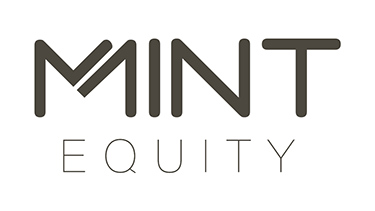The end of the financial year is fast approaching, which means investors are beginning to look at tax strategies for investment loans, such as interest in advance home loans.
Interest in advance is a strategy of prepaying the interest on a loan for 12 months during a fixed period of 1-5 years in order to claim a tax deduction in the current financial year. It is an interest-only home loan where you only pay interest on the amount you have borrowed during an agreed period.
The rate on an investment loan is fixed, normally at a discounted rate, for the maximum repayment period of 12 months and the interest normally incurred during the year is paid in one upfront payment. This discount is usually 0.1% - 0.2%.
Who should consider interest in advance?
Investors are the main market for interest in advance as this feature is only available on fixed interest investment loans.
Investments are about securing your financial future and increasing your wealth, and interest in advance can help investors properly manage their asset.
“With End of Financial Year approaching, now is the time for investors to consider their tax strategies.”
Interest in advance can be good for cash flow and budgeting for those with inconsistent wages who may not earn as much as planned in the next financial year. It allows investors to utilise lump sums available at certain times of the year or to simplify finances by knowing there will be no more loan repayments during the year. Additionally, it protects against possible interest rate rises, like the ones seen at the start of this year.
Investors may also choose to use interest in advance to become eligible for a tax deduction in the year of payment, particularly if they had an unusually high taxable income.
An example of this would be an investor who sold an investment during the current financial year and has attained accessible capital gains. Interest in advance can be used to pay the lump sum out of the capital gained and reduce the amount of tax to be paid.
Pros and cons of an interest in advance home loan
Pros
- Tax deductions
- Relieves financial pressure of making weekly or monthly repayments
- Receive an interest rate discount on the prepaid amount
- Save on interest
Cons
- Only available on fixed not variable interest rates
- Limited extra repayments
- Limited features and flexibility
- Application fee charged
- Discharge fee charged at the end of the loan
It is also important to consider all associated fees and charges before making a decision about perusing an interest in advance home loan.
By prepaying you need to come up with the capital to make the payments and are locked into prepaying early each year for the fixed term.
Although you will be protected against rate rises, a fixed rate also means you will be unable to benefit from any decreases in interest rates during the 12 month period.
Ultimately your total tax position will determine whether interest in advance is right for you, so speak to accountant and your mortgage broker before making a final decision.


